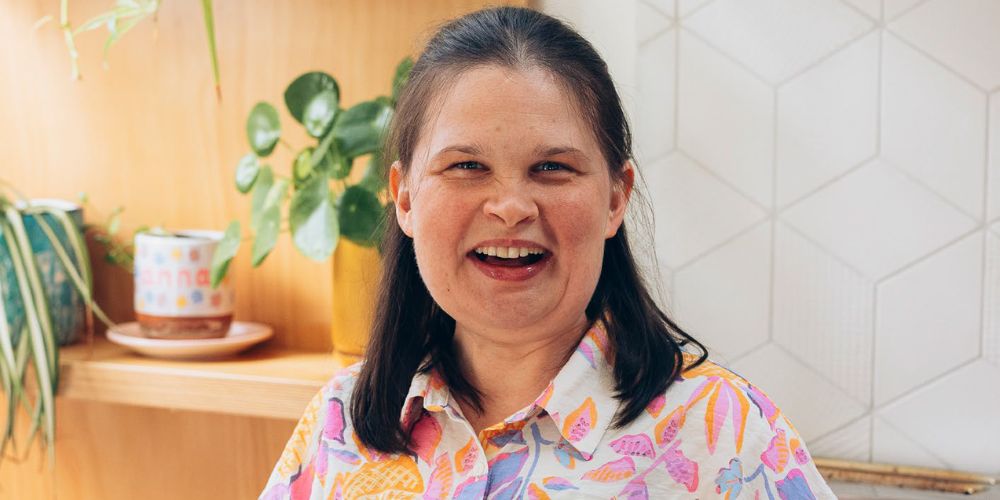Rebuilding Trust in the NDIS: A Call for Collaboration

The National Disability Insurance Scheme (NDIS) has long been seen as a crucial service for Australians living with disabilities. However, recent years have seen a growing sense of frustration and distrust, with issues ranging from the management of funds to communication failures between the NDIA, providers, and participants. In his latest reflection via a LinkedIn Article, Dr. Andrew Young, CEO of My Supports, provides a candid assessment of the state of and the key NDIS challenges that it faces.
He offers a bold call for change: “Trust in the National Disability Insurance Agency is at an all-time low.” But what is causing this erosion of trust, and how can we address these issues?
The Fraud Focus: A Distraction from the Bigger Picture
One of the most talked-about NDIS challenges has been fraud. Over the last two years, there has been significant media coverage of fraudulent providers. While this is a serious issue, Andrew believes that focusing too much on fraud is missing the larger problem: a flawed system design.
Andrew argues that the root cause of fraud within the NDIS lies not in greedy providers, but in the structure and governance of the system. “The fact it’s happened is a failure of the design of the scheme, not a reflection of the great majority of the disability provider sector,” he says. The ongoing focus on fraud, he believes, diverts attention from the real issues and undermines trust in the system.
In his view, it is essential to address the systemic flaws rather than continuously scapegoat providers. “Most of this could have been prevented,” Andrew points out, stressing the need for better oversight and more robust system design.
NDIA’s Spin: Why Communication Matters
Clear and honest communication is vital in any system, especially one as important as the NDIS. However, Andrew has observed that the NDIA has often resorted to “spin”—using language that masks the true impact of their decisions. This approach has, in many cases, worsened the sense of frustration among providers and participants.
A prime example of this occurred in May 2025, when the NDIA announced changes to funding periods. According to their statements, these changes were in response to participant feedback: “We’re introducing changes gradually from this week to help participants more easily manage their budgets.” However, Andrew argues that many participants would disagree with this framing. “The great majority of participants would argue that they don’t want funding periods,” he says.
For Andrew, this miscommunication is a sign that the NDIA is failing to listen properly to those affected by its decisions. “The NDIA needs to adopt an open and honest approach to communication,” he insists. This transparency is necessary to rebuild trust and ensure that changes are understood and accepted by all stakeholders.

The Provider Crisis: Is the NDIA’s Approach Sustainable?
Providers are integral to the NDIS, yet Andrew highlights how many are struggling under the weight of price freezes and cuts. According to him, the NDIA’s strategy of limiting funding and price growth is driving many providers to the brink of collapse, especially those offering high-quality services.
Andrew points out that this is not a sustainable approach. “The NDIA is choosing to implement changes with a lack of genuine engagement,” he says. Providers feel like they are not being given a fair chance to survive, and this impacts the quality of care and support available to participants.
He also describes the way changes are implemented: “It also spins its messaging beyond what most can swallow.” This, combined with short notice and a lack of meaningful consultation, only exacerbates the situation. Andrew warns that these measures could lead to a “real problem for the participant” as the system becomes more difficult to navigate.
A Path Forward: Collaboration is Key
Despite the current issues, Andrew remains hopeful that the NDIS can be reformed and improved. His solution lies in collaboration. “We need a stronger vision for how we can make the Scheme sustainable AND deliver better outcomes for participants”. He believes that a fresh approach is possible, particularly with the new government and newly appointed NDIS ministers.
“We have a newly elected government with a strength of majority that means it’s all but certain to have at least two terms (and it knows it). We have not one, but two new NDIS Ministers. There’s space here to do this right”
Andrew’s key message is clear: “What a great opportunity to end the war, and work together to create the NDIS we need.” By working together – government, NDIA, providers, and participants – there is a real chance to create a system that truly benefits everyone.
Time for Action
The NDIS stands at a crossroads. The system, though well-intentioned, has become increasingly fractured, and the path forward requires more than just fixing isolated issues. As Andrew Young emphasizes, the future of the NDIS relies on rebuilding trust and working together to create a sustainable, transparent, and effective system for all involved. The time for action is now.
If this article raises any questions, or if you need assistance with your NDIS plan, feel free to reach out to us at My Supports. We’re here to help with your NDIS journey and get the support you need.

